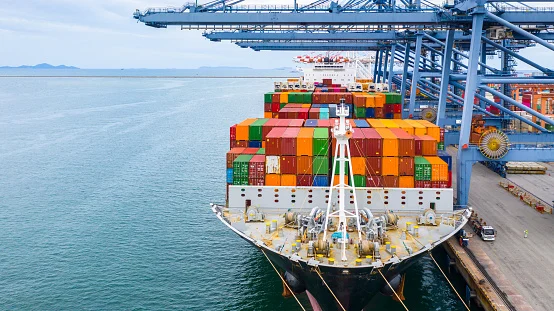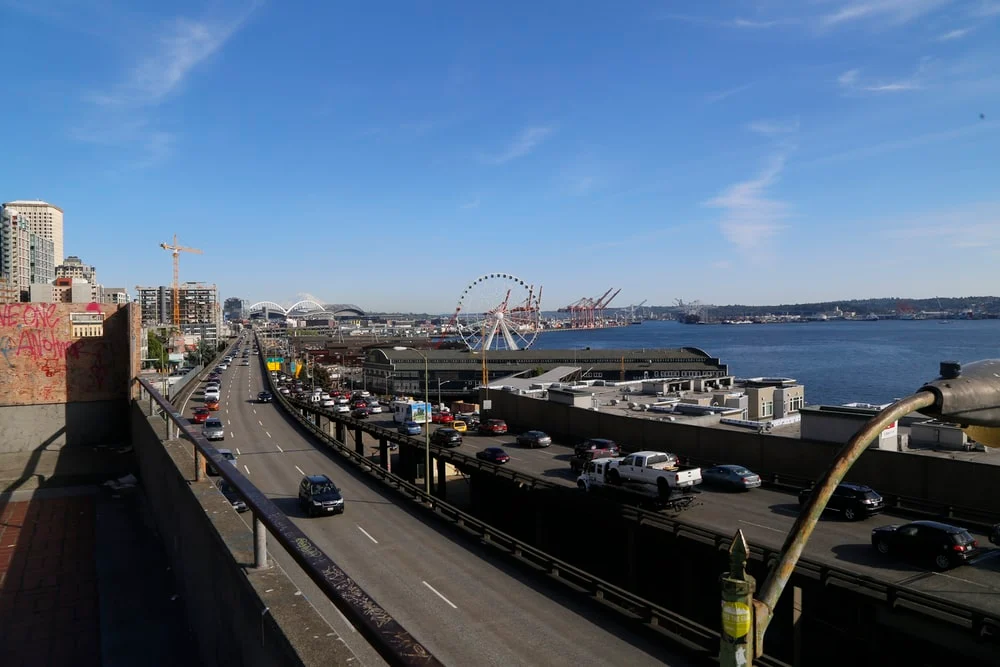To navigate the exporting and importing industry, you have to be ready for a series of paperwork.
You have to get permits, invoices, bonds and all required paperwork. It is like going against a strong wind. You need bonds like single-entry bonds or continuous customs bonds to import goods from China.
Of course, everything becomes more manageable with customs bond brokers. They are experienced in this field.
While importing, consider working with a customs broker if you want things to go easy on you. So, what is a customs bond? Do we need it during the import process?
We will look at a single entry bond, continuous bonds, customs bond agent, and many other aspects.

What Is a Customs Bond?
Let’s start with a customs bond definition.
A customs bond is nothing but a contract or agreement between three parties. It includes the principal (importer), customs, and surety.
Customs bond ensures all duties and fees associated with rules and regulations of customs have been adhered to by the principal.
Moreover, a customs bond is required to import in the US. If you are an importer, you need to obtain a customs bond through a trusted company.
Nevertheless, you can get your customs bonds through customs brokers.
Customs brokers work with surety agencies on behalf of importers.
Suggested reading: Customs broker
What Is a Continuous Customs Bond?

A continuous customs bond is a customs bond valid for one year. It allows the importation of goods into the US under US customs and border patrol.
A continuous customs bond works like an annual customs bond. It covers your shipment for 12 months.
It is regardless of your shipment’s value or frequency.
Moreover, continuous customs bonds save you time by reducing paperwork.
You will not have to renew your contract every month by following a proper renewal process.
Instead, you will do so after the end of the 12 months. That’s why we call it an annual bond.
What Are the Types of Customs Bonds?
Make sure you know the different types of customs bonds before you purchase a customs bond.
- Activity code 1 – Import Bond
An importer of merchandise uses an import bond to guarantee that the required amount of duty is paid.
Also, an import bond shows that the imported goods comply with the stated goods one can import.
- Activity code 1a – Drawback Payment Refunds Bond
It is a refund on taxes, duties, and fees paid on imported goods that are unused or are unfinished products.
- Activity code 2 – Custodian of Bonded Merchandise Bond
A Custodian of bonded merchandise bonds is required for operations holding or carrying merchandise. This merchandise should have not yet entered the US.
The bond amount or annual rate for this bond is 12% of the bond amount, which includes a 2% filing fee.
- Activity code 3 – International Carrier Bond
It is a bond required for ship and airline operators.
Also, it is effective for other conveyors (NVOCC) of international trade.
- Activity code 3a – Instrument of International Traffic Bond
Instrument of International Traffic bond allows the release of items at the border consisting of containers, skids, lift vans and similar items.
It can cover the movements and clearance of containers moving internationally.
- Activity code 4 – Foreign Trade Zone Bond
Foreign trade zone bonds cover areas within a ports limit. These areas are designated as foreign trade zones.
- Activity code 11 – Airport Security Bond
The airport security bond guarantees the importer will comply with customs regulations.
These regulations apply to customs security in and around airports.
- Activity code 16 – Importer Security Filing Bond
It is an electronic data transfer processed before the ocean vessel departure. It is required by customs border protection.
Suggested reading: Customs power of attorney
Looking for a product to import from china?
AsianDavinci helps buyers source the right product with the best cost.
How Can You Get a Customs Bond?
There are two ways to get a shipping bond.
The first method is to go through the international freight forwarder. Or you can also contact a reputable customs broker.
The freight forwarder seems to be an EASY way for me. I love that. It is SUPER comfortable. You have your forwarder and bond in the next moment.
Customs brokers provide the easiest way of getting a customs bond.
They are adept with the application process. Also, they know how to go about the paperwork and related documentation.
You can obtain it within 24-48 hours. A customs broker with experienced consultancy will guide you on which customs bond you need.
The second option is to get a customs bond on your own by paying total duties.
This option requires you to purchase a bond from a surety licensed by the US Treasury Department.
The US customs requires access to the following details when you apply for a customs bond:
- Company name
- Tax ID number
- Employer Identification number
- Social security number
- Business type
- Business address
- Years of operation
- Location of goods
- Description of import shipments
- Customs assigned number
- Value of import
Where Can You Buy a Customs Bond?
As discussed, you can purchase customs bonds through a broker. Also, you can do so through a surety licensed by the US treasury department.
In the US, the process is not VERY EASY or very complex. For me, it is straightforward. Thanks, US government, for the smooth process.
If you buy a customs bond through a broker, the broker is given a unique number on your behalf.
Nevertheless, buying customs bonds through a customs broker is safe. It also saves you time from running up and down getting required paperwork.
A broker knows what type of customs bond is suitable for you. They can counsel you on which one to get.
How Much Does a Customs Bond Cost?
People often ask how much a customs bond costs. Well, customs bond prices depend on the type and value of the bond.
Let’s consider the single entry bond cost. Single-entry customs bond price is calculated based on the individual shipment.
The pricing of a continuous bond depends on the importer’s total taxes and fees of the 12 months.
Moreover, the cost of a continuous customs bond can fluctuate. It favors an importer planning to import more than three shipments a year.
The minimum amount of the single entry customs bond should equal the value of goods, including taxes and fees.
The surety/ brokerage company you are working with can also affect the price.
Also, if shipping is through the sea, you will need to pay an additional Importer Security Filing (ISF) coverage.
FAQs

Final Thoughts!

Customs bonds are necessary. They help the government earn money that builds the economy.
Buying customs bonds will save you trouble with the customs officials.
You can use a trusted customs broker to help you buy the necessary customs bonds. So, if you want to do it personally, research which is best for you.
